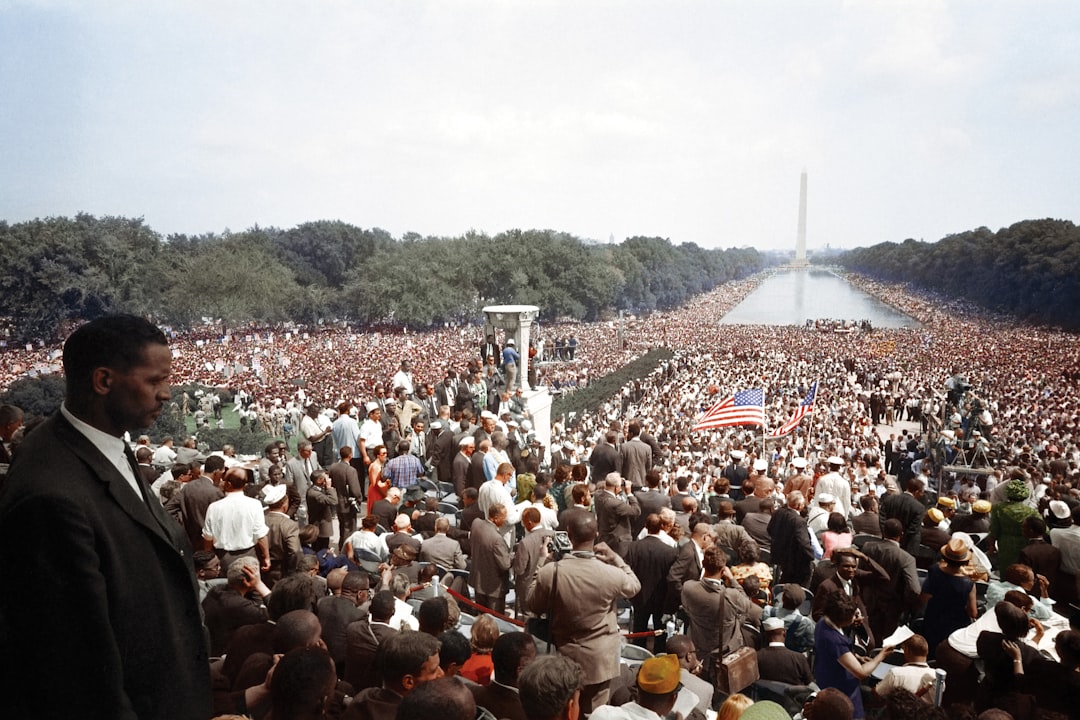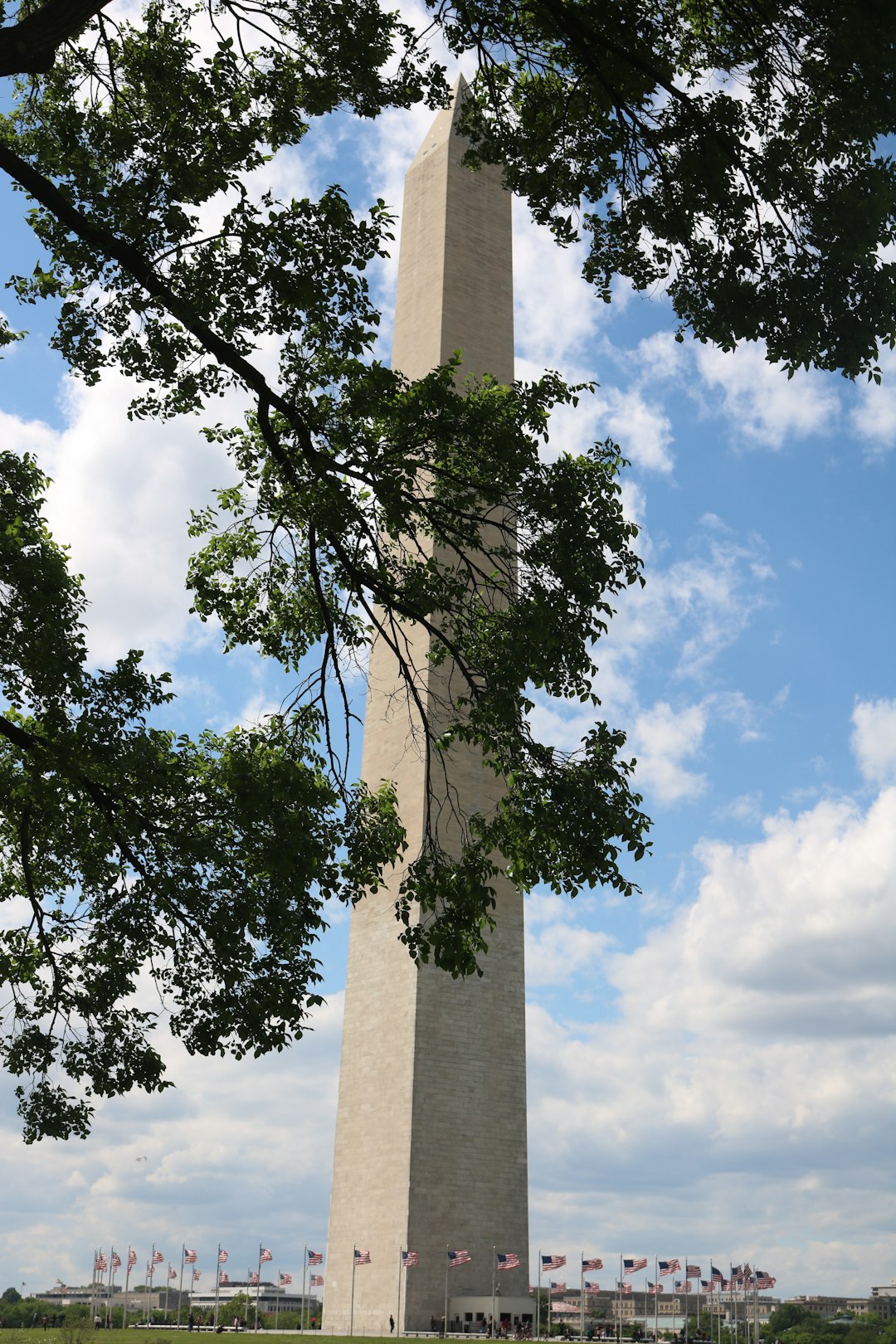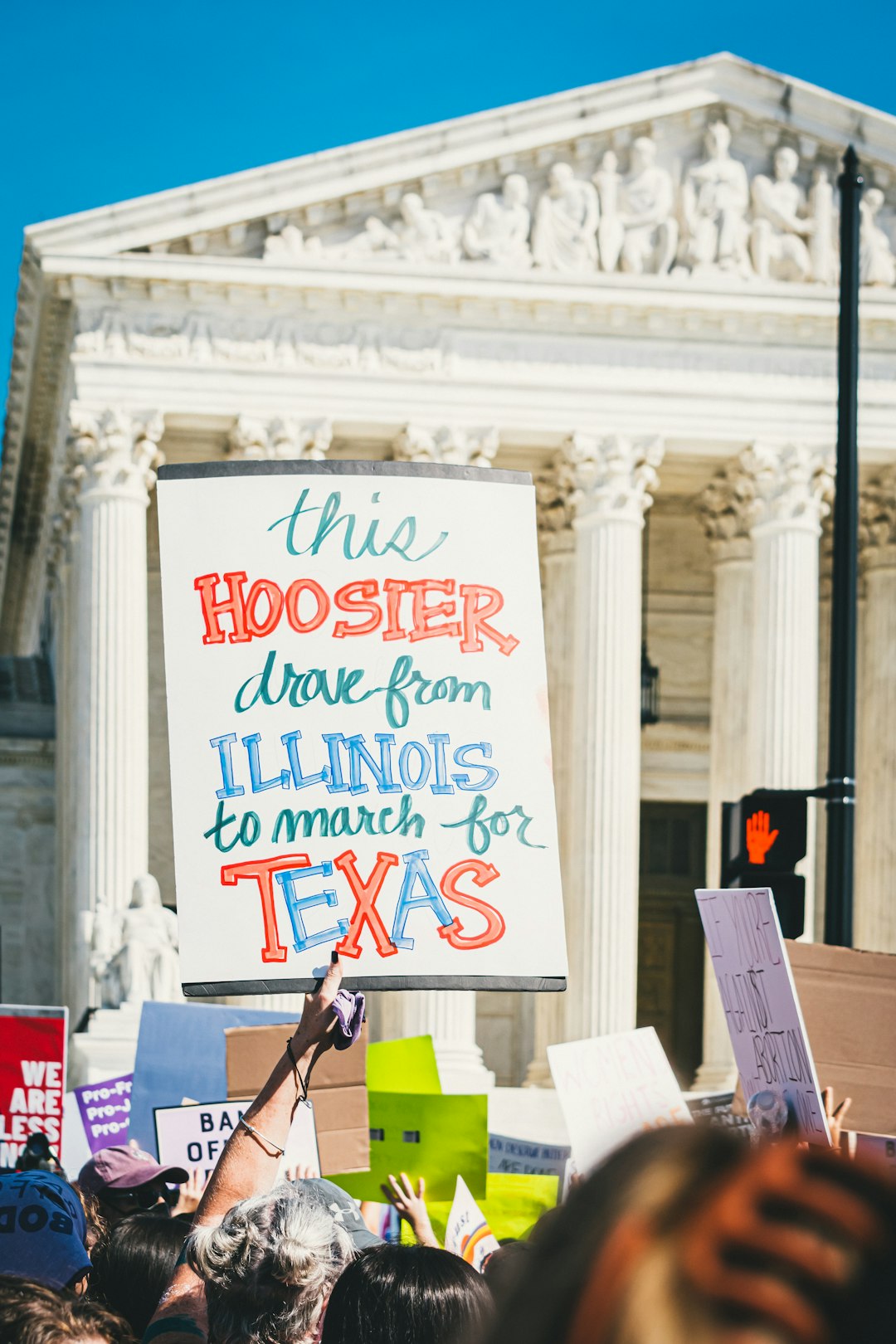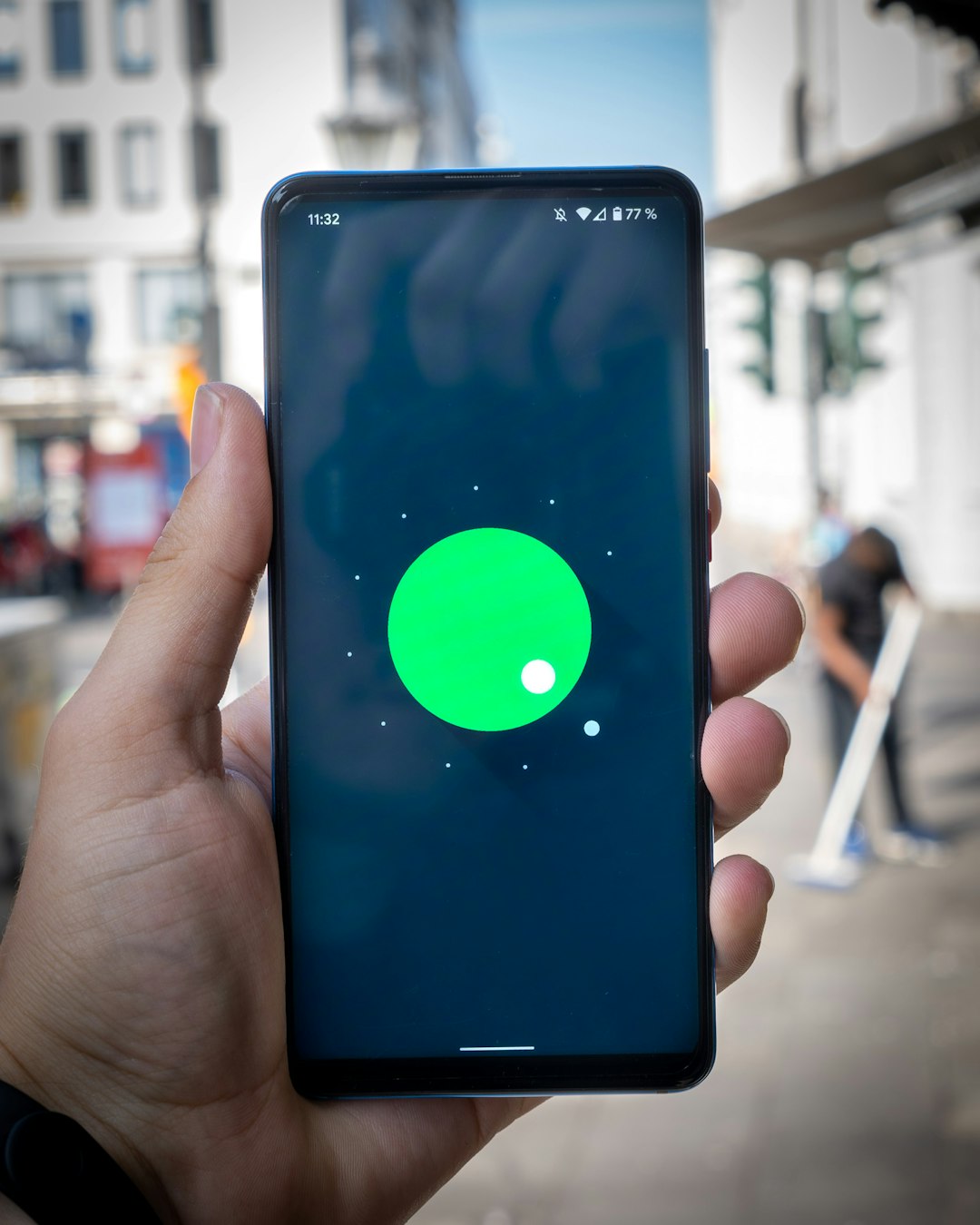In Washington D.C., the Consumer Protection Division regulates robocalls through the DC Consumer Bill of Rights, which prohibits unsolicited automated calls unless telemarketers have a prior relationship or written consent. Filing a robocall lawsuit in DC offers advantages like stringent laws, streamlined courts, and potentially higher compensation. However, challenges include court overload, high legal fees, and complex procedures. After settling, defendants may face cessation of telemarketing, penalties, and damages for emotional distress and privacy invasion. Expert legal guidance is crucial throughout the process to ensure informed decisions and maximize redress.
“Navigating a Robocall DC lawsuit involves understanding stringent local laws and weighing the pros and cons. Washington D.C.’s regulations offer robust protection against unsolicited automated calls, but pursuing legal action can be complex. This article delves into the intricacies, exploring the advantages like potential monetary damages and public interest service, as well as drawbacks such as high costs and lengthy processes. By examining robocall DC litigation, individuals can make informed decisions regarding their rights and next steps.”
Understanding Robocall Laws in Washington D.C.

In Washington D.C., robocalls are regulated by the Consumer Protection Division, which implements and enforces laws designed to protect residents from unwanted automated phone calls. The DC Consumer Bill of Rights prohibits telemarketers from making or causing robocalls to landlines or mobile phones unless the caller has an established business relationship with the recipient or consents in writing to receive such calls.
Understanding these laws is crucial when settling a robocall lawsuit in DC. Violations can lead to significant penalties for businesses, including substantial fines and damages for affected individuals. Residents who have received unwanted robocalls are encouraged to document the calls, save any evidence, and consult legal counsel specializing in robocall regulations (Robocall DC) to explore their rights and potential remedies.
Pros of Filing a Robocall Lawsuit in DC

Filing a Robocall lawsuit in DC comes with several advantages for individuals looking to combat unwanted automated calls. Firstly, Washington D.C. has stringent consumer protection laws that specifically address robocalls, providing clear guidelines and penalties for violators. This means that if you’ve received a disturbing or harassing robocall, you have legal recourse under the Communications Act of 1934 and subsequent amendments.
Additionally, DC’s centralized court system offers efficiency in handling such cases. The process is streamlined, with specialized courts and experienced judges who understand the intricacies of telecommunications law. This can result in faster resolutions and potentially higher compensation for victims compared to other jurisdictions.
Cons of Pursuing Legal Action in Washington D.C. for Robocalls

While settling a robocall lawsuit in Washington D.C. may seem like a viable option for those affected by unwanted automated calls, there are several drawbacks to consider. One significant challenge is that DC’s courts and legal system can be exceptionally busy, leading to lengthy delays in resolving cases. This extended process can cause frustration and financial strain on plaintiffs, especially when dealing with calls that are not immediately harmful but persistently annoying.
Additionally, the cost of legal representation in D.C. can be prohibitively high, making it less accessible for individuals who aren’t well-off. Many victims of robocalls might not have the resources to hire a lawyer, which could impact their chances of receiving compensation or having the calls ceased effectively. Furthermore, navigating the complex legal procedures and understanding consumer protection laws specific to DC can be daunting for those without legal expertise, potentially leading to less favorable outcomes.
Potential Outcomes and Next Steps After a Robocall Lawsuit in DC

After settling a robocall DC lawsuit, there are several potential outcomes and next steps to consider. If the case is resolved in your favor, the defendant may be ordered to stop making automated calls to consumers without their consent (a practice known as telemarketing) and could face financial penalties. The court may also order them to compensate you for any damages incurred due to the harassing or fraudulent calls, including emotional distress and loss of privacy.
The next steps typically involve finalizing the settlement agreement with the help of a lawyer. This includes ensuring that all terms are met, documenting the process, and potentially filing dismissal papers with the court. It’s crucial to remember that while settling can provide closure and financial relief, it also means giving up your right to pursue further legal action against the infringer. Therefore, careful consideration and expert guidance are essential before making this decision.






